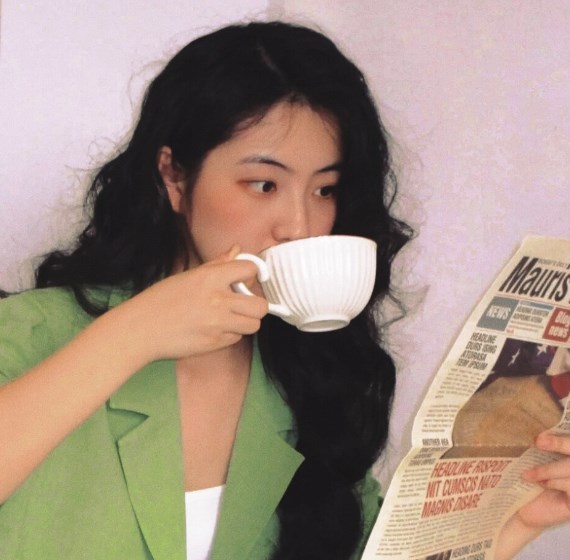Understanding Vitamin Deficiencies and Hair Loss
Introduction:
Hair loss is a common concern for many individuals, and it can be influenced by various factors, including nutritional deficiencies. In this article, we will explore the role of specific vitamins in promoting hair growth and discuss the impact of deficiencies in vitamins B, D, and A on hair health.
Title: Unveiling the Role of Vitamins in Hair Health: Deficiencies and Hair Loss
- Vitamin B:
Vitamins from the B-complex group, including B1, B2, B6, and B12, play a crucial role in promoting hair growth. These vitamins contribute to the overall health and vitality of the hair follicles. Deficiencies in any of these B vitamins can lead to hair loss. B vitamins support the production of red blood cells, which are responsible for transporting oxygen and nutrients to the hair follicles. Furthermore, they help in metabolizing proteins, which are essential building blocks for hair structure. Ensuring an adequate intake of B vitamins through a balanced diet or supplements can help maintain healthy hair growth.
- Vitamin D:
Vitamin D is known for its role in bone health, but it also plays a significant role in hair health. It aids in the absorption of calcium, which is essential for hair follicle function. Vitamin D deficiency can negatively affect hair quality and may lead to hair thinning or excessive hair shedding. Adequate exposure to sunlight, dietary sources such as fatty fish and fortified dairy products, or vitamin D supplements can help maintain optimal levels of this vitamin and support healthy hair growth.
- Vitamin A:
Vitamin A is involved in the production of sebum, the natural oil produced by the scalp. Sebum moisturizes the scalp and keeps the hair strands healthy. A deficiency in vitamin A can lead to an imbalanced production of sebum, resulting in a dry scalp, increased dandruff, and brittle hair. However, it is important to note that excessive intake of vitamin A can have adverse effects and lead to hair loss as well. Maintaining a balanced intake of vitamin A through dietary sources such as carrots, sweet potatoes, and leafy greens is crucial for promoting healthy hair growth.
Conclusion:
Vitamins play a vital role in maintaining the health and growth of our hair. Deficiencies in specific vitamins, such as B-complex vitamins, vitamin D, and vitamin A, can contribute to hair loss and other hair-related issues. Ensuring a well-rounded diet that includes a variety of nutrient-dense foods can help provide the necessary vitamins for healthy hair growth. In cases where deficiencies persist or are severe, consulting with a healthcare professional or a registered dietitian is advisable to determine the underlying cause and explore suitable treatment options. Remember, a holistic approach to hair health, including a balanced diet, proper hair care, and overall well-being, is key to maintaining vibrant and lustrous locks.
Similar Articles
